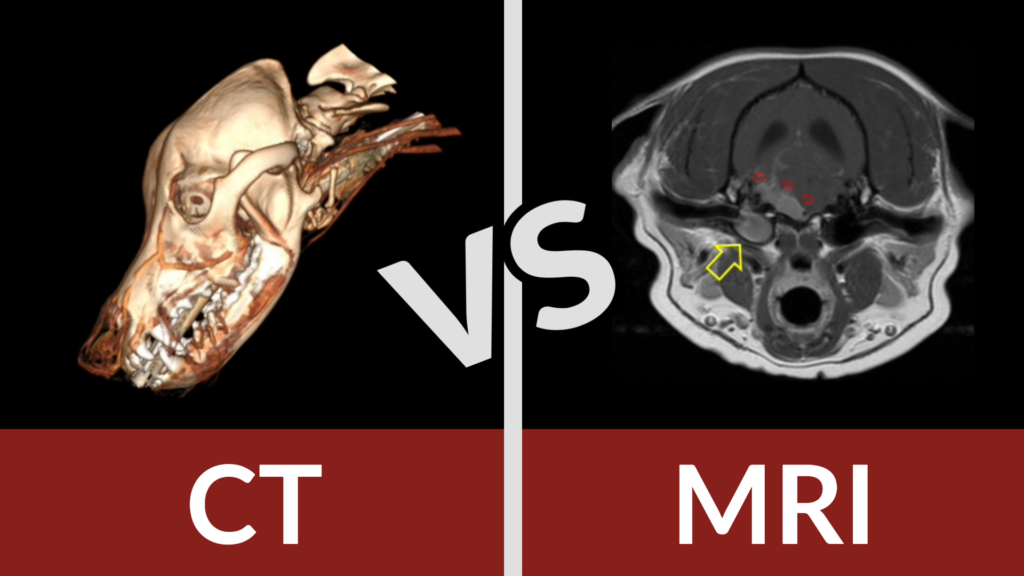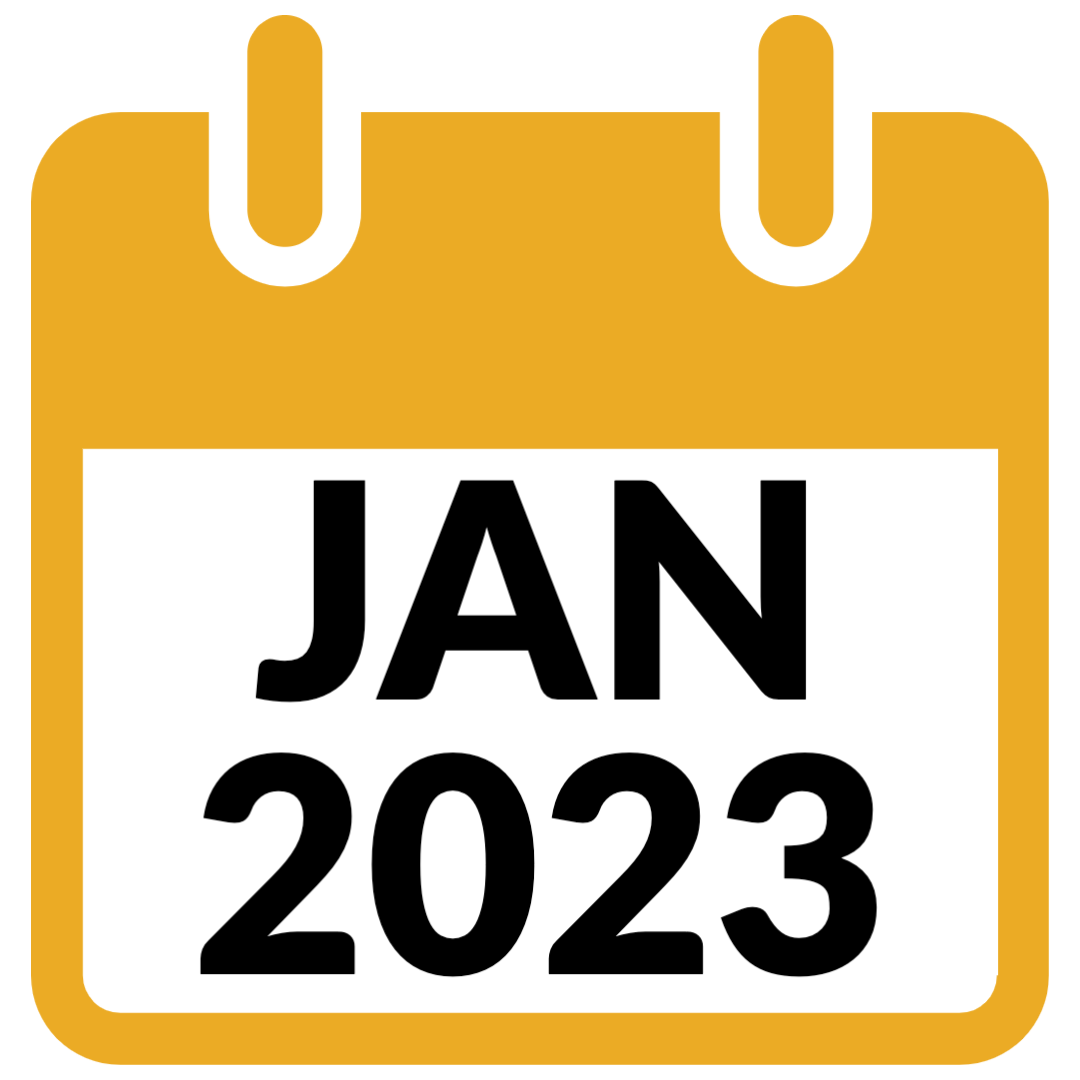Federal requirements for the veterinarian-client-patient relationship
THE BASICS
The federal government regulates veterinary medicine and animal drugs very differently than it does human health care and drugs intended for human use. This is, in part, because veterinarians are key to maintaining a healthy, safe, and wholesome food supply and because they also play an important role in overseeing the judicious use of antimicrobials in animals. One important difference between human and veterinary medicine is that the U.S. Food and Drug Administration (FDA) has authority under the federal Food, Drug and Cosmetic Act (FDCA) over the use of animal drugs and human drugs by veterinarians, and the authority to define how a veterinarian-client-patient relationship (VCPR) is established for certain uses of animal and human drugs.1 For these uses, FDA has authority to require the keeping of veterinary medical records and to access them at any reasonable time to verify and copy them.2 Use of animal and human drugs by veterinarians that violates the federal VCPR parameters set forth in the FDCA and its implementing regulations results in the drug being statutorily deemed unsafe for the use and, if in animal feed, the feed is statutorily deemed adulterated.3
The USDA, which regulates veterinary biological products, also has promulgated rules defining a VCPR using the same language as the FDA.4
APPLICATION OF THE FEDERAL VCPR
The federal VCPR applies to any use of an FDA-approved human drug in animals, including over-the-counter (OTC) human drugs.5 It applies to any use of an FDA-approved animal drug in any manner that di ers from its approved labeling (Extra Label Drug Use6), such as a different frequency of administration, different dose, different medical indication for its use, different route of administration, or use in a different species.7 It also applies to the use of compounded drugs by veterinarians8 and a veterinarian’s authorization of a veterinary feed directive (VFD).9 All of these are very common occurrences in the day-to-day practice of veterinary medicine.
Establishing the federal VCPR requires a physical examination of the animal or timely and medically appropriate visits to the premises where animals are kept. The FDA does not allow the VCPR to be established through electronic means.10 FDA does allow the VCPR to be maintained electronically through telemedicine.11 Veterinarians must comply with the federal VCPR in each of the circumstances in which it applies, irrespective of whether state law defines it differently.
The federal VCPR also applies in two important, but more limited, circumstances under USDA authorities. Veterinarians who manufacture biological products for use in their patients must do so within the context of the federal VCPR.12 Veterinarians also must have established a federal VCPR when using prescription platform product biologics, which are a new category of biotechnology vaccines.13
CONFLICTING STATE AND FEDERAL VCPR DEFINITIONS AND TELEMEDICINE
- Conflicting state and federal VCPR definitions (e.g., states allowing the VCPR to be established electronically) would cause significant confusion. The FDA and USDA have used the same regulatory definition to avoid such confusion.
- Veterinarians must comply with the federal VCPR requirements where they apply, regardless whether state laws are more lax. Activities where the federal VCPR applies are extremely common in day-to-day veterinary practice.
- State law and regulations relating to the establishment of a VCPR that conflict with federal law would also cause telemedicine encounters to be frustrating for many veterinary clients. A veterinarian who has not already established a VCPR that complies with federal requirements (i.e., by conducting an in-person examination/visit) could not even recommend the use of an FDA-approved human OTC product for an animal without violating federal law.
- There are many valuable uses of telemedicine within the parameters of a federal VCPR.
[button size=’large’ text=’Telehealth Definitions Resource’ icon=” icon_size=” icon_color=” link=’https://mdvma.org/app/uploads/2021_02_24_Telehealth-Definitions-Resource.pdf’ target=’_blank’ color=” background_color=” border_color=” font_style=” font_weight=” text_align=”]
- 21 USC 360b; 21 CFR Part 530
- 21 CFR 530.5
- 21 USC 360b(a)(1), (2), (4) & (5); 21 USC 342(a)
- 9 CFR 107.1(a)(1)
- 21 USC 360b(a)(5); 21 CFR 530.2; 21 CFR 530.3(a)
- https://www.fda.gov/animal-veterinary/resources-you/ins-and-outs-extra-label-drug-use-animals-resource-veterinarians
- 21 USC 360b(a)(4); 21 CFR 530.2; 21 CFR 530.3(a)
- https://www.fda.gov/animal-veterinary/resources-you/ins-and-outs-extra-label-drug-use-animals-resource-veterinarians#compounding ; FDA Draft Guidance for Industry #256
- 21 CFR 558.6(b)
- FDA letter to the American Veterinary Medical Association, April 6, 2017 – “Therefore, for the purposes of the federal definition, a VCPR cannot be established solely through telemedicine (e.g., photos, videos, or other electronic means that do not involve examination of the animal(s) or timely visits to the premises).”; During the pandemic, FDA announced they will temporarily suspend enforcement of the federal VCPR physical exam and premises visit requirements. https://www.fda.gov/regulatory-information/search-fda-guidance-documents/cvm-gfi-269-enforcement-policy-regarding-federal-vcpr-requirements-facilitate-veterinary/. In this announcement, FDA reiterated that under normal circumstances – “Given that the Federal VCPR definition requires animal examination and/or medically appropriate and timely visits to the premises where the animal(s) are kept, the Federal VCPR definition cannot be met solely through telemedicine.”
- Id. “The regulations do not specifically address the use of telemedicine to maintain an established VCPR. However, based upon the language of the VCPR definition provided above, nothing would prohibit the use of telemedicine (e.g., use of photos, videos, or other electronic means that may be considered virtual) to allow the veterinarian to keep informed and able to make medical judgments regarding the health of the animal(s) and the need for medical treatment between periodic examinations of the animal(s) and/or timely visits to the premises where the animal(s) are being kept.”
- 9 CFR 107.1(a)
- USDA Veterinary Services Memorandum 800.214
The post Federal requirements for the veterinarian-client-patient relationship appeared first on MDVMA.








